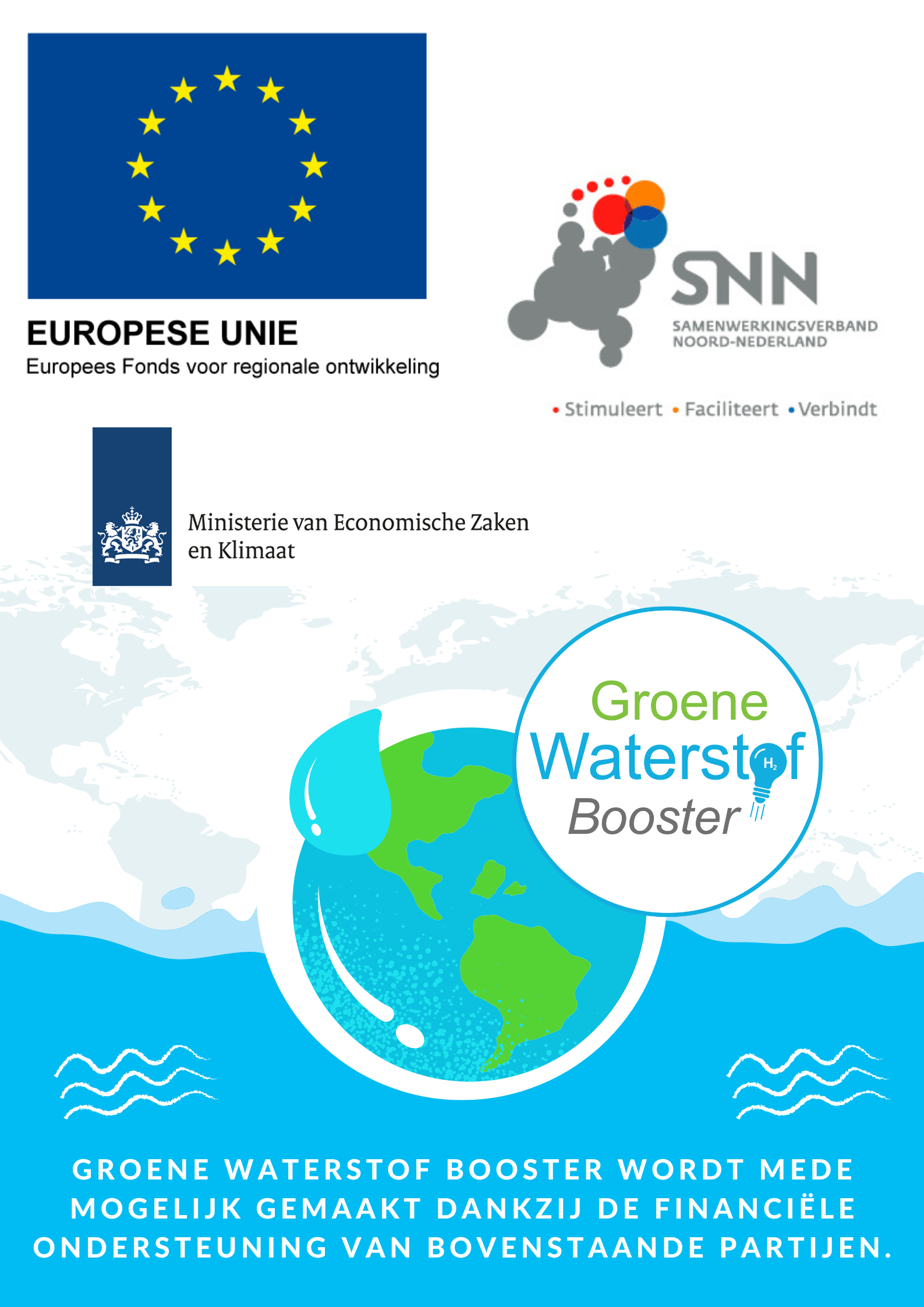28 November 2024
Since March 2023, the Interreg Europe project UNLOCK – Unlocking Green Hydrogen Economy for SMEs in European Regions brings together policy authorities, universities, and key stakeholders from seven European regions to develop local green hydrogen economies. The project focuses on improving regional policy instruments to raise awareness among SMEs about new opportunities and to facilitate their involvement in local green hydrogen initiatives.
Since March 2023, the Interreg Europe project UNLOCK – Unlocking Green Hydrogen Economy for SMEs in European Regions brings together policy authorities, universities, and key stakeholders from seven European regions to develop local green hydrogen economies. The project focuses on improving regional policy instruments to raise awareness among SMEs about new opportunities and to facilitate their involvement in local green hydrogen initiatives.
This, in turn, is expected to boost sustainable growth in the regions by enhancing SME competitiveness and creating new jobs. The project contributes thereby to the creation of so-called green Hydrogen Valleys, an ambitious policy objective of the European Union, in line with the EU Hydrogen Strategy.
The story of the UNLOCK draws inspiration from the Green Hydrogen Booster. This initiative was led by the Centre of Expertise Energy of the Hanze University of Applied Sciences Groningen (Netherlands), now the lead partner of UNLOCK. Its goal was to develop an innovative ecosystem for green hydrogen applications across the Northern Dutch provinces of Groningen, Drenthe and Friesland. The three provinces fully supported the initiative with their own financial resources and ERDF co-financing.
The initiative deliberately stepped away from the most seen approaches building on large industrial partners and exploring large-scale uses of hydrogen as an energy carrier. Instead, the Green Hydrogen Booster focused on:
The Research Centre of the Hanze University of Applied Sciences joined forces with the EnTranCe Centre of Expertise Energy, and the Energy Transition Centre, acting as testing ground and start-up lab. Together, they provided knowledge, coaching, support, and facilities to help entrepreneurs test green hydrogen applications and develop business cases.
To support these efforts, they managed the allocation of vouchers ranging from €5,000 to €15,000. SMEs used this support to advance hydrogen technologies, such as improving heating boilers, enhancing fuel cells and electrolyzers, and developing off-grid mobile power stations.
While the topic of hydrogen has been thoroughly discussed over the past years, feasible business cases, especially for SMEs are still few and far between.
Prof. Dr. Beata Kviatek, one of the researchers at Hanze University of Applied Sciences, emphasizes the need to approach hydrogen not only from the ‘green energy’ point of view but also from the point of view of innovation and economic development, in an organic approach to regional development policies.
According to research performed by the team at Hanze University, local SMEs were often unprepared or unaware of the economic transformation required for a green hydrogen economy. The Green Hydrogen Booster shed light on the crucial role of public authorities in developing local green hydrogen-based economies actively involving SMEs and new startups, rather than only targeting large industrial sites and corporations.
This good practice of building an innovative ecosystem for green hydrogen applications presents a high potential for policymakers who want to develop regional green hydrogen economies. The impact of the Green Hydrogen Booster did not stop at the boundaries of the Northern provinces in the Netherlands.
While it has been completed since autumn 2023, different initiatives are continuing and bringing together the relevant regional stakeholders. Examples therefore are the Hydrogreenn network and the development of new testing, demonstrating and training facilities for the benefit of local SMEs at Hanze University of Applied Sciences.
A few months later, the Centre of Expertise Energy of the Hanze University of Applied Sciences put together a partnership of 9 policy authorities, and the Interreg Europe project UNLOCK was born. They wish to understand how, in other parts of Europe, policymakers engage with their local innovation ecosystems to build a solid ground for hydrogen-based economies. Moreover, they aim to raise awareness among SMEs about new opportunities and to facilitate their involvement in local green hydrogen initiatives.
As awareness of the topic and knowledge of how to handle it still lacks at the policy level, there is hardly any doubt that regions seeking to set up support mechanisms for hydrogen innovation and SME development in the field can learn a lot from this new approach. But there is also a lot to learn from how innovation actors can proactively trigger policy-making for the benefit of SMEs.
